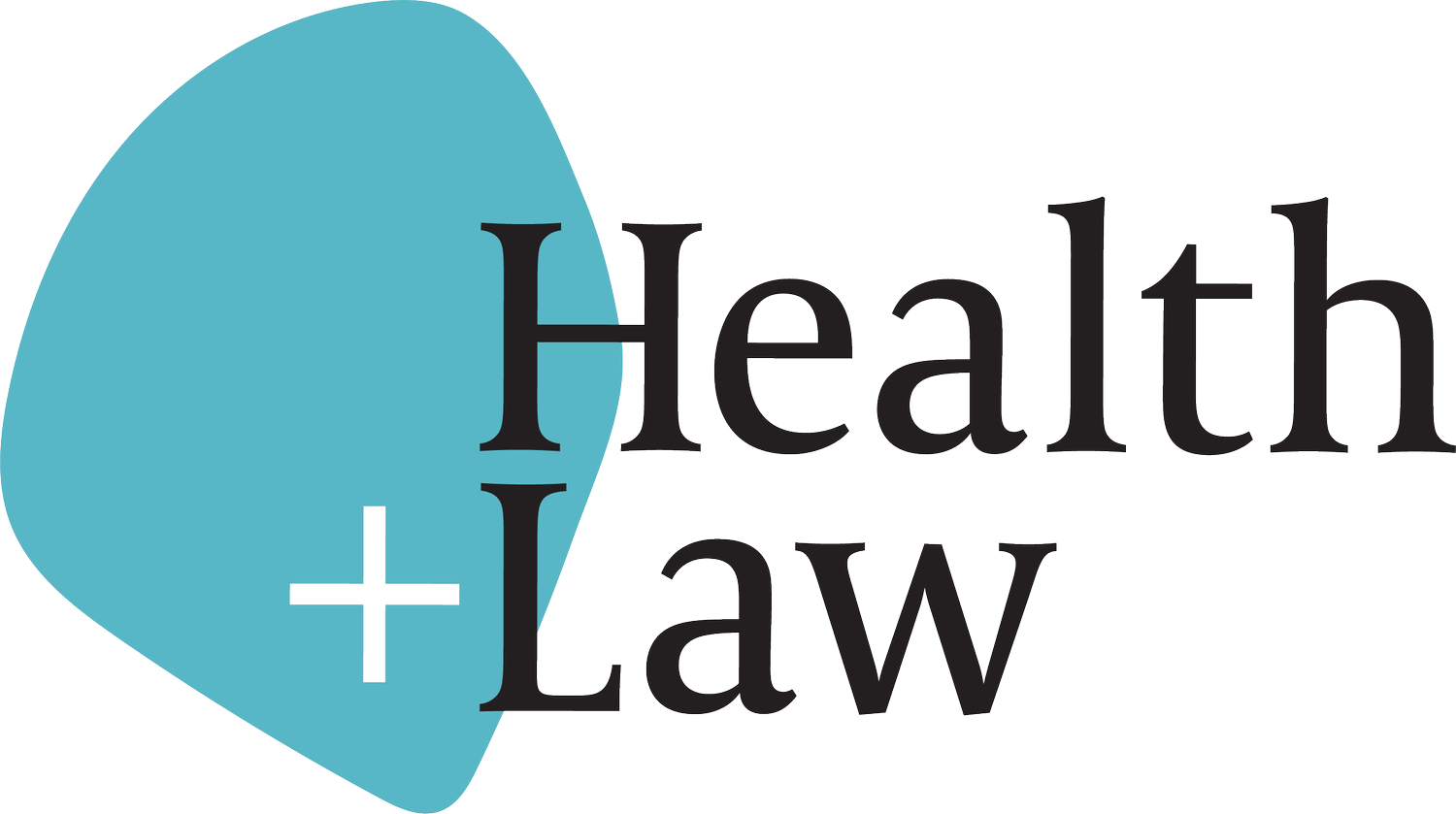Health+Law Team Member Interview: Rhys Evans
We recently spoke to our colleague Rhys Evans about his role at Health+Law, his previous experience as the Projects, Policy and Law Reform Solicitor at the HIV/AIDS Legal Centre, and his current work as a Research Assistant and PhD candidate.
What is your professional background? Can you tell us about your previous work experience?
Prior to joining the Health+Law team I was working as the Projects, Policy and Law Reform Solicitor at the HIV/AIDS Legal Centre (HALC). In that role I had the opportunity to work collaboratively with other community legal centres and community organisations on law reform submissions and other advocacy work.
HALC provides legal services to people living with HIV and hepatitis. It’s the only specialist community legal centre of its kind in Australia. During my time there we collaborated across multiple jurisdictions on a broad range of advocacy and law reform initiatives in areas such as public health, migration and discrimination law. Based on the experiences of our clients and in consultation with other community-based organisations, our work aimed to deliver meaningful systemic change to develop and maintain an enabling legal environment for people living with HIV and hepatitis in Australia.
Before taking up that role, I was volunteering at HALC as a paralegal, doing mainly client-facing work while studying to be admitted as a solicitor. It was at this time that I also worked as a Research Assistant at the University of Technology of Sydney in the Health and Law faculties. My work in both research and at HALC have led me back to academia, and I started as a PhD candidate at UTS last year with the support of the Health+Law Partnership.
What is your role at Health+Law?
I’m a Research Assistant across several Health+Law activities, and I am currently one of the lead interviewers on the national Legal Needs Study (LeNS) study. In these interviews I have the opportunity to talk to people living with HIV and hepatitis B across Australia about their legal needs and their experiences navigating Australia’s legal systems. It’s been an immense privilege to talk to those people, who have been so generous in sharing their time and their stories with the aim of improving the lives of other people living with HIV and hepatitis B.
I also contribute to a range of literature and legal reviews produced by the Health+Law team. Most recently, I assisted with a review of ASHM’s updated ‘Hepatitis B and Immigration’ resource, which provides information to clinicians on how best to support patients living with chronic hepatitis B applying for permanent residency.
What most excites you about the role?
Many of the stories and experiences shared by LeNS participants have been similar to those I heard daily from clients and colleagues while working at HALC. As lawyers, we worked hard to assist our clients within the clearly defined limits of the ‘law’. In that context, the first question we often need to consider is ‘Are we the right service to help?’ Although the law may be the cause or a factor contributing to the challenges people face, it may offer very few remedies to address those challenges wholistically. The research we are working on at Health+Law draws on a breadth of knowledge and approaches – from multiple disciplines and sources and, most importantly, directly from the lived and learned experience of people affected by blood-borne viruses People’s legal needs and access to justice aren’t phenomena that exist in a silo, and the design and approach of Health+Law projects recognises that.
Further reading:
Health+Law team member interview: Dr Dion Kagan
Health+Law team member interview: Louisa Luong


